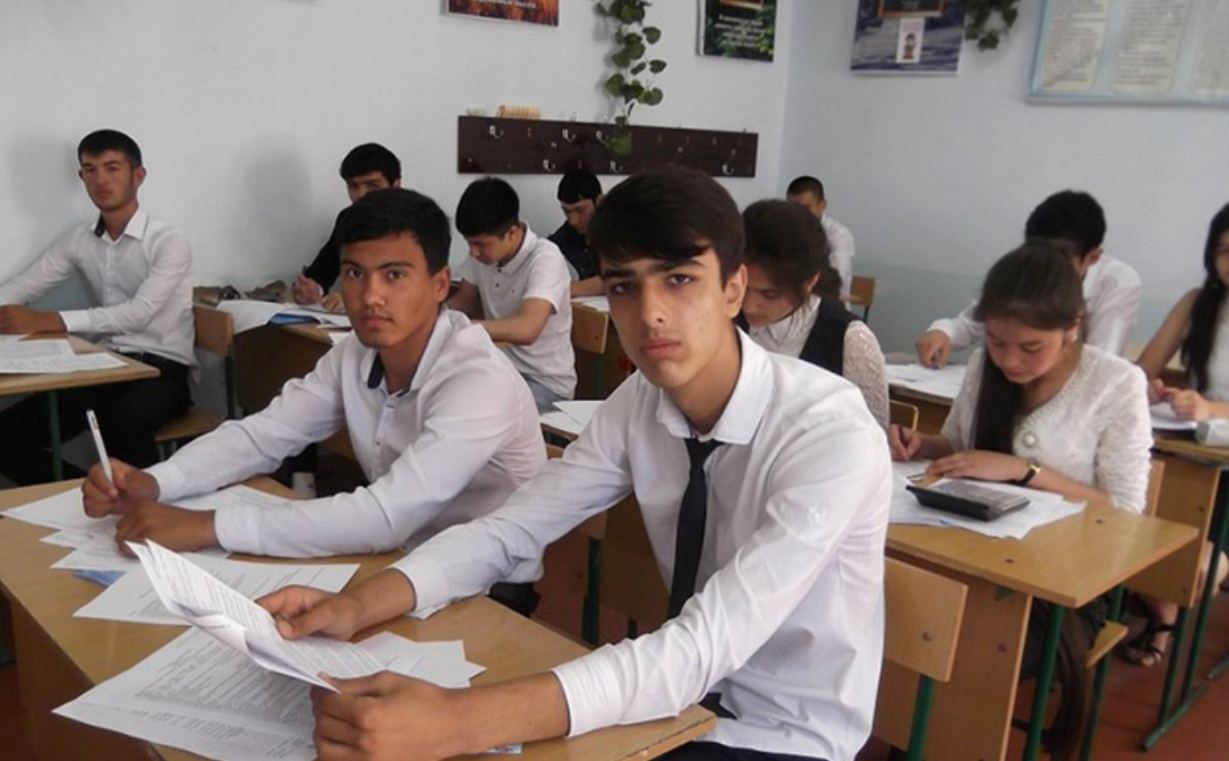Tajikistan expands compulsory education to upper secondary levels
Tajikistan has enacted amendments to its education law, making attendance of grades 10-11 (upper secondary education) compulsory, in a significant move aimed at enhancing educational opportunities for its citizens. The decision marks a shift from the previous requirement, where education from grades 1-9 was mandatory. Under the new regulations, students who opt out of continuing their studies in grades 10-11 must pursue vocational technical education, ASIA-Plus reported.

The amendments, approved by members of Tajikistan's lower chamber of parliament, the Majlisi Namoyandagon, on February 20, reflect a concerted effort to broaden access to quality education across the country. According to Sadoi Mardum, the mouthpiece of Tajikistan's parliament, the draft law was developed with the aim of extending general secondary education to a wider segment of the population.
Zarif Alizoda, presidential adviser on legal issues, emphasized the rationale behind the amendments, stating that they were designed to "cover citizens with general secondary education." The move is expected to address the educational needs of approximately 34,200 students who complete the 9th grade.
Minister of Education and Science, Rahim Saidzoda, presented the bill to lawmakers, highlighting its potential to streamline the delivery of quality education. Saidzoda remarked, "this step will make it possible to streamline the process of providing quality education for the country's citizens." The expansion of compulsory education to upper secondary levels is viewed as a means to ensure a more structured and comprehensive approach to educational provision.
Tajikistan's education system follows a model inherited from the former Soviet Union, comprising preschool education, 11 years of general education, primary vocational education and training (PVET), secondary vocational education and training, and higher education. The new amendments align with the country's commitment to universal access to education, with compulsory education spanning grades 1-11.
The Ministry of Education and Science (MoES) oversees all levels of the education system, with the exception of PVET, which falls under the purview of the Ministry of Labor, Migration and Employment (MoLME).
Comments (0)